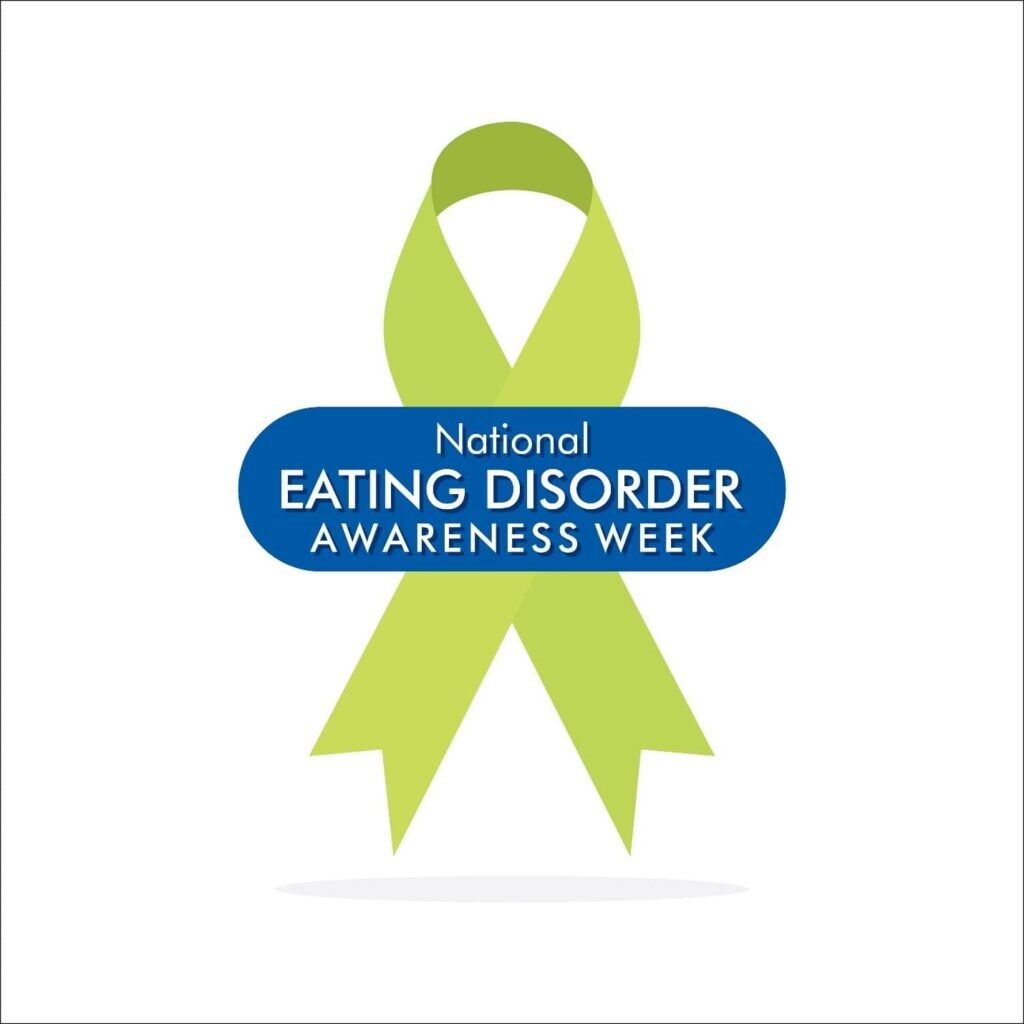
National Eating Disorder Awareness Week
February 21st-27th, 2022 marks National Eating Disorders Awareness Week (#NEDAwareness), which aims to raise awareness about eating disorders and support those affected by them. The goal of National Eating Disorder Awareness Week is to shine the spotlight on eating disorders by educating the public, spreading a message of hope, and putting lifesaving resources into the hands of those in need. This year’s theme See the Change, Be the Change coincides with the National Eating Disorders Association’s (“NEDA”) mission to help more people realize their healthy selves.
Eating disorders can affect anyone, regardless of age, size, gender, race, sexuality, ability, and more. The most common eating disorders are anorexia nervosa, bulimia nervosa, and binge eating disorder. Other eating disorders include: avoidant/restrictive food intake disorder, rumination disorder, pica, and other specified feeding or eating disorder, and unspecified feeding or eating disorder.
The pandemic has brought on a mental health crisis in the United States, and for those struggling with eating disorders, isolation, lack of structure and heightened anxiety are three possible triggers. New research shows eating disorder hospitalizations doubled during the COVID-19 pandemic.
Eating disorders have the highest mortality rate out of any other mental illness, however, the chance for recovery increases the earlier an eating disorder is detected. Therefore, it is important to be aware of some of the warning signs, including:
- Constant or repetitive dieting.
- Evidence of vomiting or laxative use.
- Hiding, hoarding, or stealing food.
- Excessive exercise patterns.
- Developing rituals surrounding food and mealtimes like excessive chewing or eating in secret.
- Obsession with body weight and shape.
- Withdrawing from family, friends, or other social activities.
- Sudden or rapid weight loss, frequent fluctuations in weight.
- Depression and anxiety, low self-esteem, moodiness, and irritability.
If you or someone you know is suffering from an eating disorder and you are being denied benefits by your insurance, please contact Kantor & Kantor for a free consultation.
We understand, and we can help.

